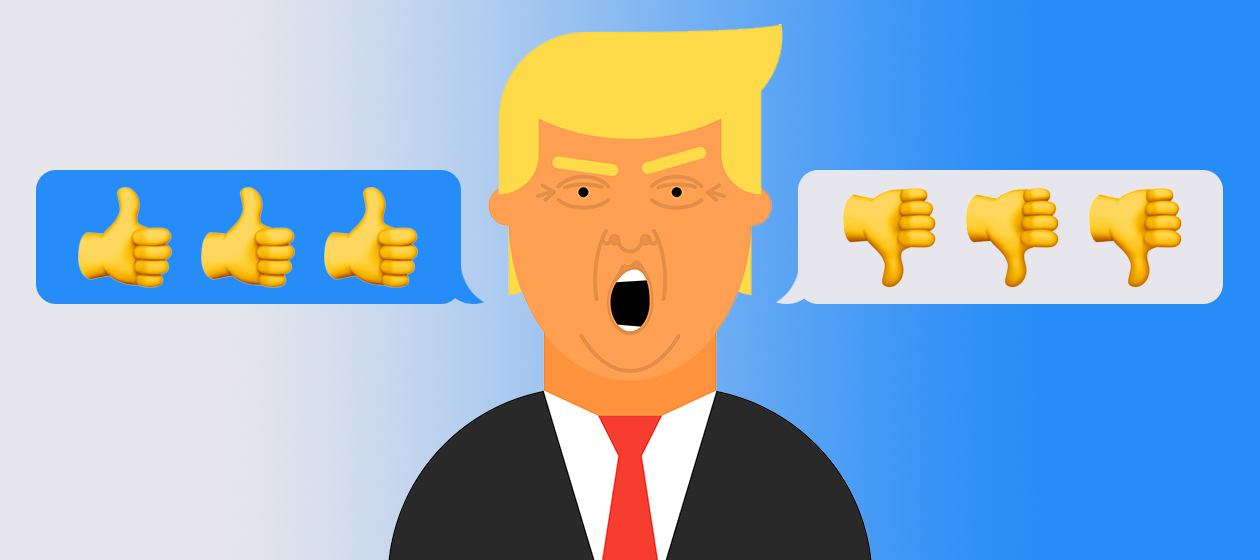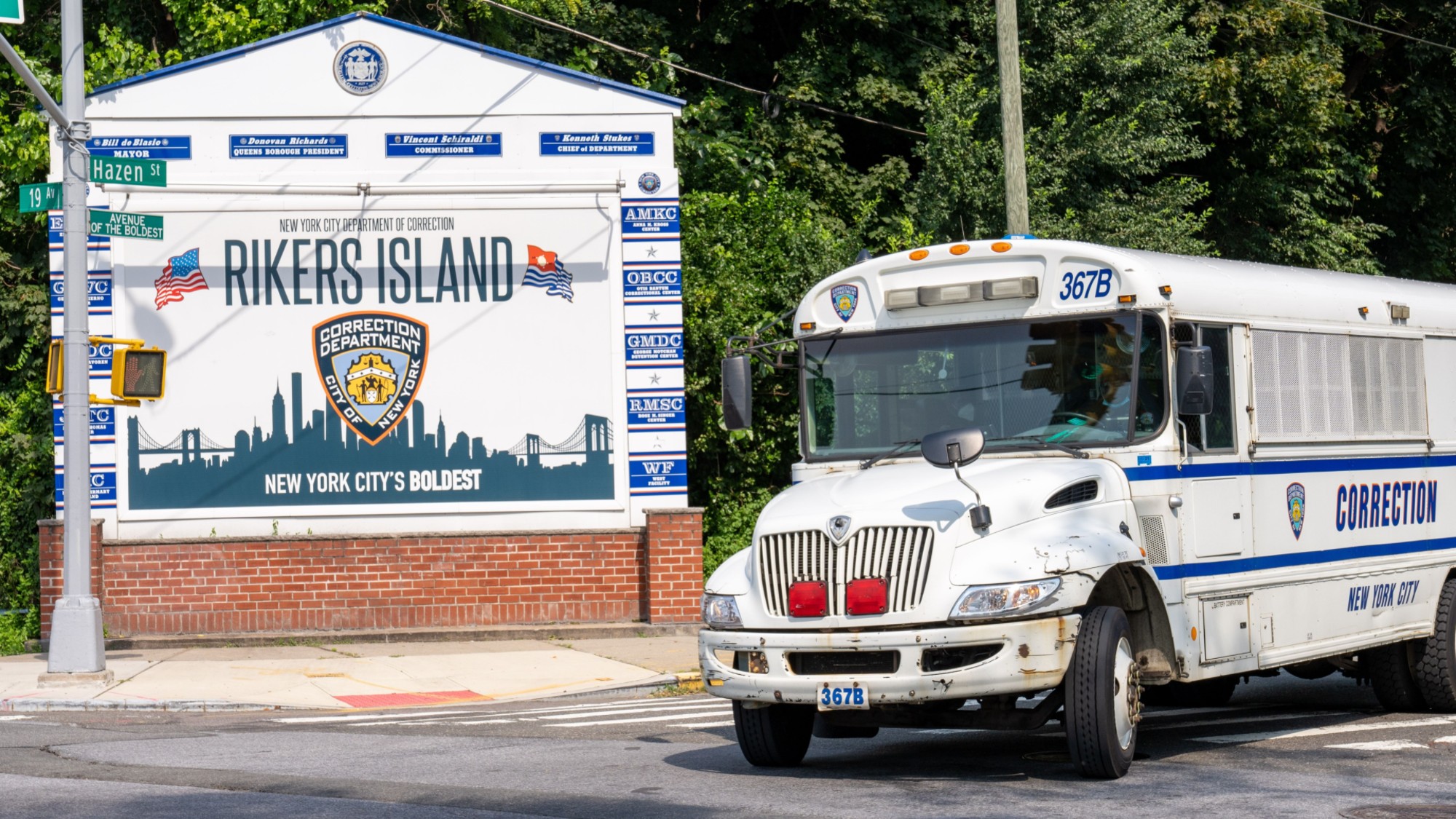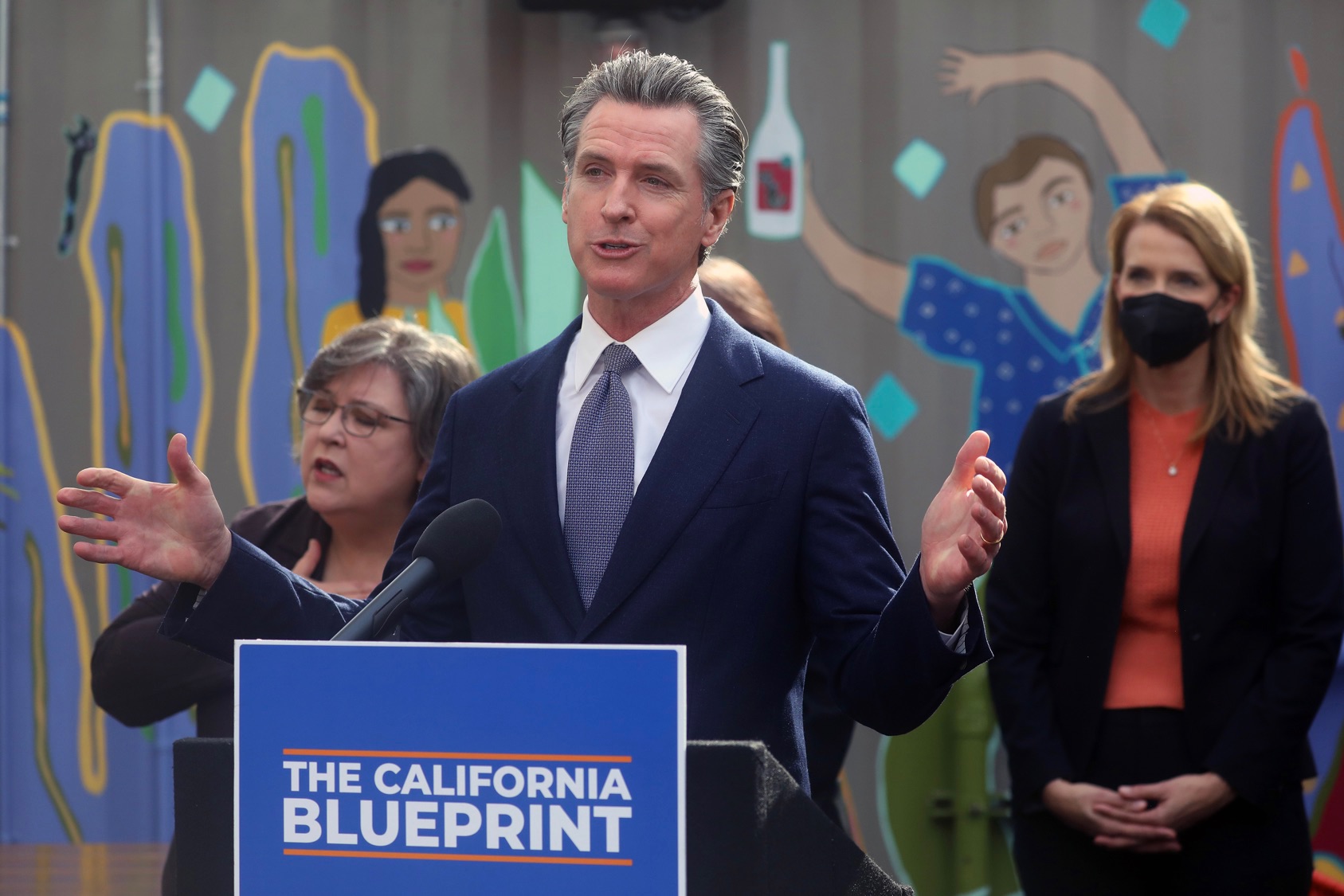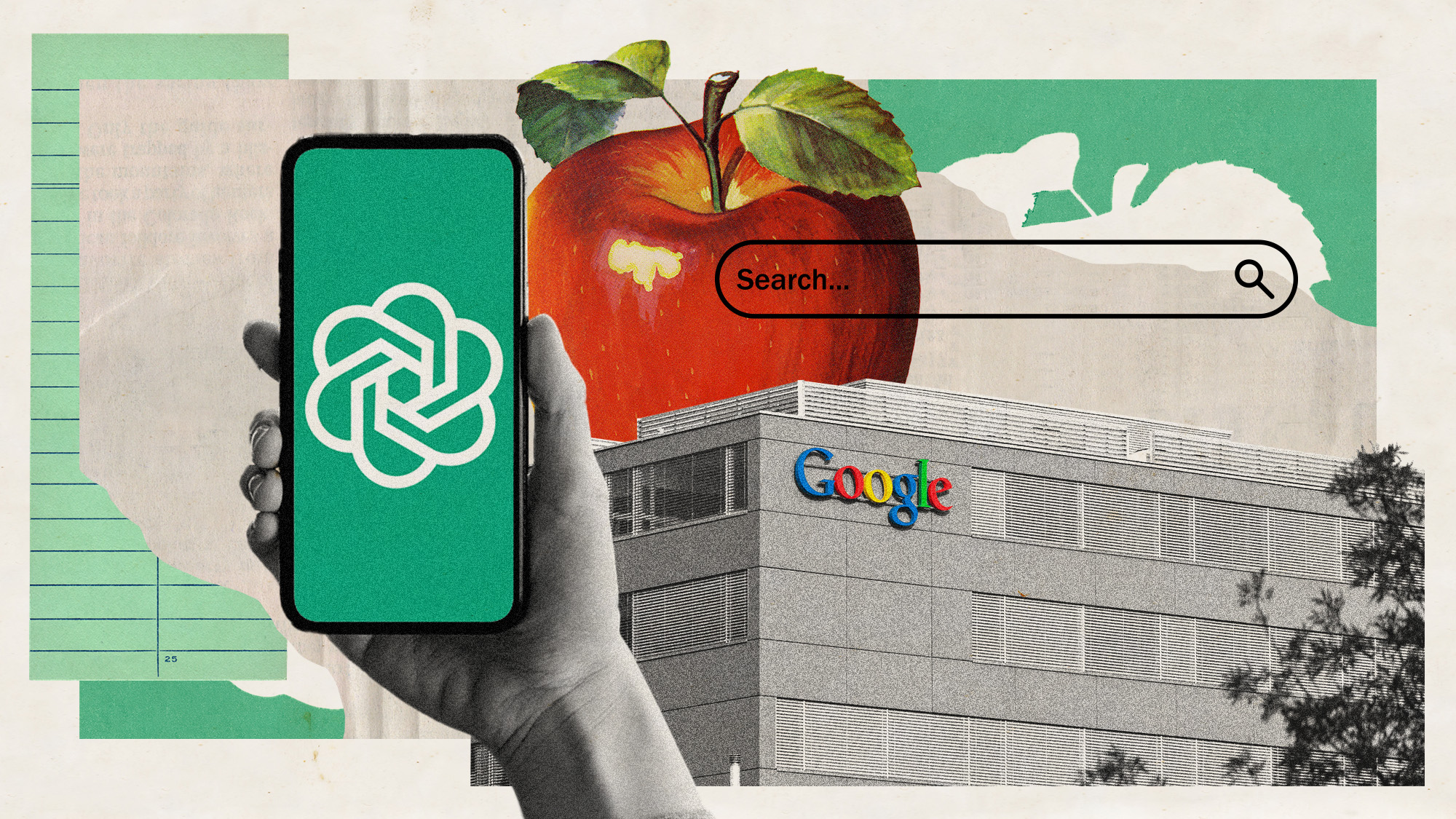Will Trump ever pay a price for his relentless flip-flopping?
The biggest flip-flopper in American politics flops again


Before Donald Trump arrived in Washington with his lowered standards and upended norms, one of the worst sins you could commit in American politics was to become known as a "flip-flopper."
You remember the presidential election of 2004, right? John Kerry offered a stiff challenge to the incumbent, George W. Bush, but ultimately lost a close campaign. One of the things that did Kerry in: A reputation for fecklessness, supported by his defense of a vote against Iraq War funding — "I actually did vote for the $87 billion before I voted against it."
It was a moment the Bush campaign used to devastating effect, relentlessly airing a commercial that showed Kerry on a sailboard, drifting along the waves — first to the right, then to the left, then to the right, then again to the left. "John Kerry," the announcer intoned. "Whichever way the wind blows." Kerry never quite recovered.
Subscribe to The Week
Escape your echo chamber. Get the facts behind the news, plus analysis from multiple perspectives.

Sign up for The Week's Free Newsletters
From our morning news briefing to a weekly Good News Newsletter, get the best of The Week delivered directly to your inbox.
From our morning news briefing to a weekly Good News Newsletter, get the best of The Week delivered directly to your inbox.
How times have changed.
On Tuesday, President Trump announced via Twitter that the United States would not be re-entering the Trans-Pacific Partnership, a trade pact with 11 other countries, including Japan, Australia, and New Zealand. "I don't like the deal for the United States," Trump wrote.
Trump's announcement was a change of position from the previous week, when he directed his top trade and economic advisers to take a fresh look at the TPP, offering hope to trade advocates that he might be ready to cut a deal. And that position was a reversal of one of his very first acts in office — withdrawing the United States from trade treaty it had spent years helping craft.
Flip. Flop. Flip.
"The president is a guy who likes to ... entertain a lot of different ideas," Sen. Ben Sasse (R-Neb.) said, testing the limits of understatement.
That's not even the Trump administration's only reversal this week: Witness the infighting that resulted when U.N. Ambassador Nikki Haley publicly announced that the White House was prepared to impose harsh new sanctions on Russia. The rug was quickly pulled from under her: Trump was reportedly enraged by her announcement. Another administration official suggested Haley had been "confused.”
”With all due respect, I don't get confused," Haley responded.
Maybe not, but the outside world could be forgiven for being a little bewildered, at least. What has become apparent: Nobody in the White House reliably speaks on Trump's behalf — maybe not even Trump himself. The president is the biggest flip-flopper in American politics today.
It's happened on DACA. Syria. Health care. The list goes on. A Trump policy pronouncement is like Kansas weather: If you don't like it, wait 15 minutes. The flip is almost surely coming.
Which is why it's useful to remember why "flip-flopper" became a pejorative in the first place: It suggested a certain spinelessness, endless malleability, an uninspiring lack of core convictions. We've always known that the only thing Trump is really for is Trump himself; everything else is negotiable.
Trump's flexibility could, in some cases, be spun as a positive. "When the facts change, I change my mind," goes the famous quote. The problem? In precious few instances of Trump's flip-flops do we have evidence that the facts of a debate have changed. What has? Being the last person to speak to Trump on a topic.
This stuff matters. The future of the Dreamers depends on Trump's DACA policy. The future of farmers and workers depend on his trade policy. The future of anyone relying on insurance depends on his health-care ideas. To meander from position to position without signaling any real understanding of the consequences is to be cavalier with the very lives of millions of people, both inside the U.S. and beyond our borders.
Trump has cultivated an image as a straight shooter, but that's mostly because he eschews notions of politeness and decency as "politically correct." As with so many of Trump's transgressions, there's little reason to believe he'll pay a political price the way, say, John Kerry did. But that doesn't mean Trump's fickleness is good, or even benign, for the country he leads.
We look for leadership. We get endless flip-flops instead.
Sign up for Today's Best Articles in your inbox
A free daily email with the biggest news stories of the day – and the best features from TheWeek.com
Joel Mathis is a writer with 30 years of newspaper and online journalism experience. His work also regularly appears in National Geographic and The Kansas City Star. His awards include best online commentary at the Online News Association and (twice) at the City and Regional Magazine Association.
-
 Why Rikers Island will no longer be under New York City's control
Why Rikers Island will no longer be under New York City's controlThe Explainer A 'remediation manager' has been appointed to run the infamous jail
-
 California may pull health care from eligible undocumented migrants
California may pull health care from eligible undocumented migrantsIN THE SPOTLIGHT After pushing for universal health care for all Californians regardless of immigration status, Gov. Gavin Newsom's latest budget proposal backs away from a key campaign promise
-
 Is Apple breaking up with Google?
Is Apple breaking up with Google?Today's Big Question Google is the default search engine in the Safari browser. The emergence of artificial intelligence could change that.
-
 The JFK files: the truth at last?
The JFK files: the truth at last?In The Spotlight More than 64,000 previously classified documents relating the 1963 assassination of John F. Kennedy have been released by the Trump administration
-
 'Seriously, not literally': how should the world take Donald Trump?
'Seriously, not literally': how should the world take Donald Trump?Today's big question White House rhetoric and reality look likely to become increasingly blurred
-
 Will Trump's 'madman' strategy pay off?
Will Trump's 'madman' strategy pay off?Today's Big Question Incoming US president likes to seem unpredictable but, this time round, world leaders could be wise to his playbook
-
 Democrats vs. Republicans: who are the billionaires backing?
Democrats vs. Republicans: who are the billionaires backing?The Explainer Younger tech titans join 'boys' club throwing money and support' behind President Trump, while older plutocrats quietly rebuke new administration
-
 US election: where things stand with one week to go
US election: where things stand with one week to goThe Explainer Harris' lead in the polls has been narrowing in Trump's favour, but her campaign remains 'cautiously optimistic'
-
 Is Trump okay?
Is Trump okay?Today's Big Question Former president's mental fitness and alleged cognitive decline firmly back in the spotlight after 'bizarre' town hall event
-
 The life and times of Kamala Harris
The life and times of Kamala HarrisThe Explainer The vice-president is narrowly leading the race to become the next US president. How did she get to where she is now?
-
 Will 'weirdly civil' VP debate move dial in US election?
Will 'weirdly civil' VP debate move dial in US election?Today's Big Question 'Diametrically opposed' candidates showed 'a lot of commonality' on some issues, but offered competing visions for America's future and democracy